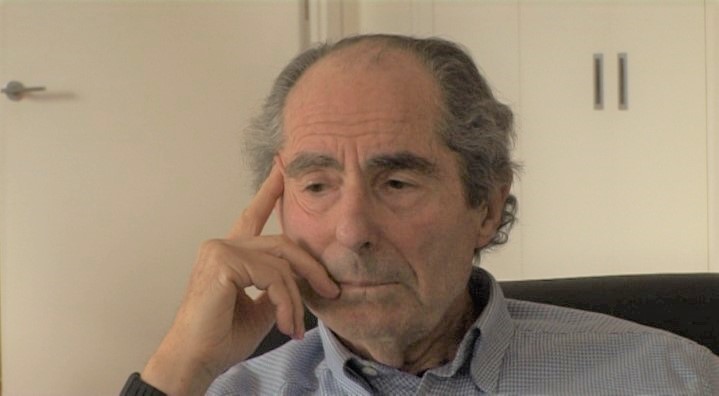NEXT STORY

David Kepesh
RELATED STORIES

NEXT STORY

David Kepesh
RELATED STORIES


|
Views | Duration | |
|---|---|---|---|
| 11. A dry period (1962 – 1967) | 1022 | 01:39 | |
| 12. My friends in New York | 912 | 04:00 | |
| 13. How I wrote Portnoy’s Complaint | 1184 | 02:24 | |
| 14. Portnoy's Complaint | 946 | 02:56 | |
| 15. Many enemies as a writer, many enemies as a Jew | 926 | 01:44 | |
| 16. Farce | 757 | 01:35 | |
| 17. Every American writer has to write a book about baseball | 767 | 02:20 | |
| 18. David Kepesh | 783 | 00:58 | |
| 19. Prague, Kafka, and more... | 1108 | 07:16 | |
| 20. Enter Zuckerman | 808 | 01:31 |


Every American writer has to write a book about baseball, it's in the contract, you know, Malamud [Bernard Malamud] had written a good one and Mark Harris had written several good ones and I think Coover [Robert Coover] wrote a baseball book, and Updike [John Updike] wrote a brilliant essay about Ted Williams, the great baseball player, and so I wrote a book called: The Great American Novel, which was about a homeless baseball team and I threw in it everything I knew about baseball. I don't believe there's one thing I knew that isn't in that book and I knew a lot, I knew all… I knew the... the real story of baseball, I knew all the law of baseball, I knew about the baseball player from my era, and I wrote this funny book about baseball. At one point I went up to the Baseball Hall of Fame in Cooperstown, New York, one winter day and I stayed there about three or four days and had access to the library there and their archives, and heard some wonderful recordings of ball players and so on. And I was… I was absolutely surrounded by baseball books by everything, this was before the internet of course.
So I wrote that book, one of the farcical books, and then when I finished the baseball book, I think virtually the day I finished it, I had an idea about a story about a man who turns into a breast and so over the next six months or so, I wrote a story… I wrote a story called The Breast, about a man that turns into a breast. So all this was happening over a four or five year period and I was in very high spirits during those years and very happy and I think that out of this happiness and high spirits and out of the literary experiment with farce, these books were born, you know.
The fame of the American writer Philip Roth (1933-2018) rested on the frank explorations of Jewish-American life he portrayed in his novels. There is a strong autobiographical element in much of what he wrote, alongside social commentary and political satire. Despite often polarising critics with his frequently explicit accounts of his male protagonists' sexual doings, Roth received a great many prestigious literary awards which include a Pulitzer Prize for fiction in 1997, and the 4th Man Booker International Prize in 2011.
Title: Every American writer has to write a book about baseball
Listeners: Christopher Sykes
Christopher Sykes is an independent documentary producer who has made a number of films about science and scientists for BBC TV, Channel Four, and PBS.
Tags: The Great American Novel, Cooperstown, New York, Hall of Fame, The Breast, Bernard Malamud, Mark Harris, Robert Coover, Ted Williams
Duration: 2 minutes, 20 seconds
Date story recorded: March 2011
Date story went live: 18 March 2013